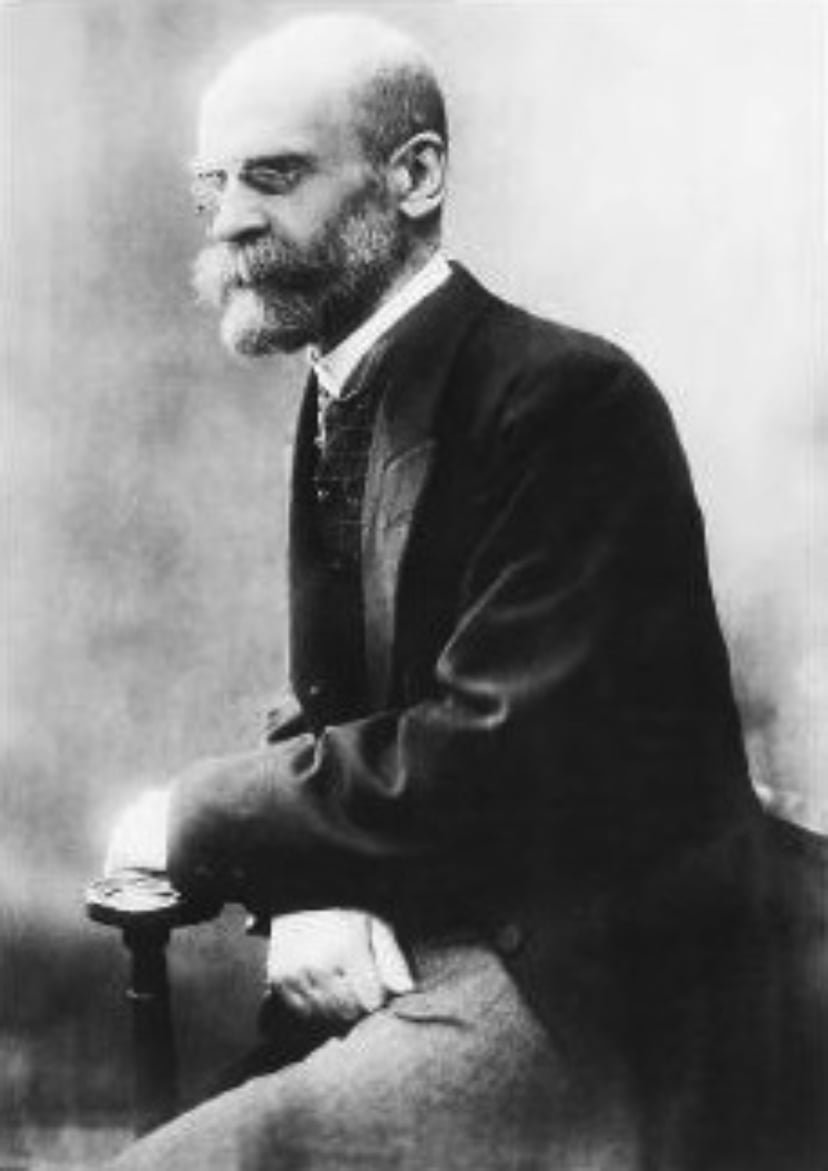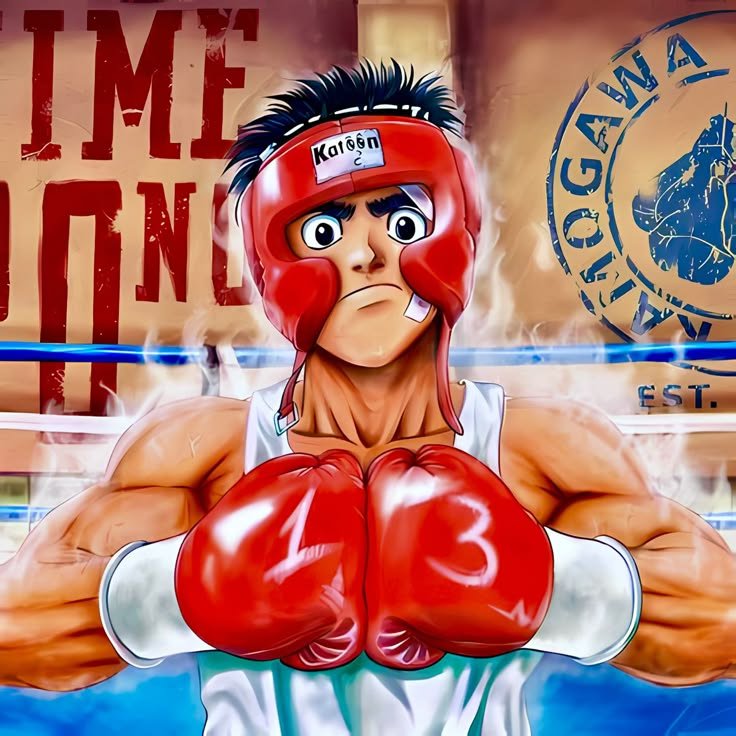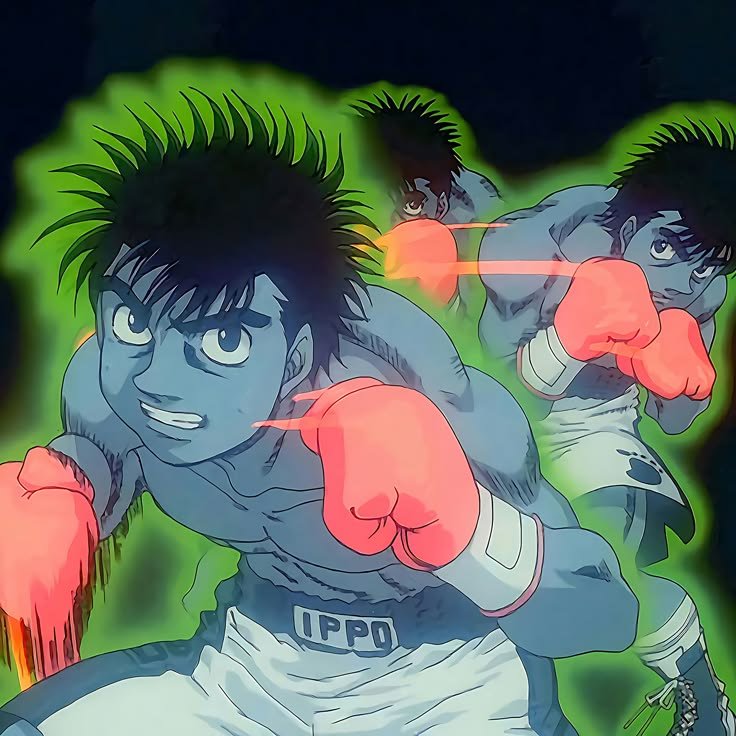

Ippo Makunouchi

|
幕之内 一歩
|
|
|---|---|
| Alias |
Wind God (風神, Fūjin) |
| Personal Description | |
| Homeland | Tokyo, Japan |
| Previous Weight Class(es) | Featherweight |
| Gender | Male |
| Height | 164 cm (5’4″) |
| Reach | 165.1 cm (65 in) |
| Style(s) | In-Fighter |
| Status | |
| Status | Alive |
| Stance(s) | Orthodox Style |
| Boxer(s) Trained | Taihei Aoki (Chief Trainer) |
| Anime movie | Round 1 (Season 1) |
Japanese Name:幕之内一歩 (Makunouchi Ippo)
Role:Protagonist ofHajime no Ippo
Age:16 at the series start, around 25 by the end of the manga
|
Émile Durkheim
|
|
|---|---|
| Born |
David Émile Durkheim
15 April 1858 Épinal, France
|
| Died | 15 November 1917(aged 59)
Paris,France
|
| Nationality | French |
| Alma mater | École Normale Supérieure |
| Known for | Sacred–profane dichotomy Collective consciousness Social fact Social integration Anomie Collective effervescence |
| Scientific career | |
| Fields | Philosophy, sociology, education, anthropology, religious studies |
| Institutions | University of Paris, University of Bordeaux |
| Influences | Immanuel Kant, René Descartes,Plato, Herbert Spencer,Aristotle, Montesquieu, Jean-Jacques Rousseau, Auguste Comte. William James, John Dewey, Fustel de Coulanges, Jean-Marie Guyau, Charles Bernard Renouvier, John Stuart Mill |
| Influenced | Marcel Mauss,Claude Lévi-Strauss, Talcott Parsons, Maurice Halbwachs, Jonathan Haidt, Lucien Lévy-Bruhl,Bronisław Malinowski, Fernand Braudel, Pierre Bourdieu, Charles Taylor, Henri Bergson, Emmanuel Levinas, Steven Lukes, Alfred Radcliffe-Brown, E. E. Evans-Pritchard, Mary Douglas, Paul Fauconnet, Robert N. Bellah, Ziya Gökalp, David Bloor, Randall Collins, Neil Smelser[1] |
Appearance
Ippo has a compact and muscular build typical of a featherweight boxer, which reflects his dedication to training. He is often depicted with a determined look, and his dark brown hair is styled in a neat crew cut. His attire consists mainly of boxing shorts and gloves, typically in red and white colors, symbolizing his affiliation with the Kamogawa Boxing Gym. His trademark feature is a series of visible muscles that highlight his physical conditioning and fighting prowess.

Channeling his signature Dempsey Roll, Ippo Makunouchi unleashes a whirlwind of powerful punches, showcasing his tenacity and skill as he fights to turn the tide in the ring.
Personality
Ippo embodies the qualities of hard work, perseverance, and humility. He is characterized by his shy and introverted demeanor, especially at the beginning of the series. Driven by a deep desire to understand what it means to be strong, Ippo often reflects on his experiences, balancing moments of self-doubt with his determination to improve. His loyalty to friends and teammates is unwavering, and he often prioritizes their needs over his own aspirations.
Boxing Career
Ippo’s journey into boxing begins when he is rescued from bullies by Mamoru Takamura, a prominent boxer. Inspired by Takamura’s strength, Ippo decides to pursue boxing to discover his own potential. Under the mentorship of Genji Kamogawa, Ippo quickly excels, showcasing a natural talent for the sport. His hard work culminates in becoming the youngest State Champion at just 16 years old.
Key Rivalries and Relationships
Ichirō Miyata
A key rival who serves as Ippo’s foil. The two share a mutual respect, pushing each other to grow and improve. Their rivalry is rooted in their contrasting fighting styles, with Miyata favoring a more technical approach compared to Ippo’s brute strength.
Takeshi Sendō
Another fierce rival who embodies the fighting spirit of the sport. Their encounters are intense, showcasing Ippo’s growth and determination.
Mamoru Takamura
Ippo’s mentor and older brother figure, Takamura is a former champion who helps guide Ippo through his early career. Their relationship is characterized by camaraderie and playful banter, with Takamura often teasing Ippo while also providing him with invaluable advice.
Masaru Aoki and Tatsuya Kimura
Fellow boxers and close friends who support Ippo both inside and outside the ring. Their interactions often bring comedic relief to the series, highlighting the lighter side of their boxing lives.
Genji Kamogawa
Ippo’s coach, who recognizes Ippo’s potential early on and plays a crucial role in shaping his boxing career. Their bond is built on mutual trust, respect, and a shared vision for success.
Transition to Training
After achieving success in the boxing world, Ippo eventually retires to focus on training the next generation of fighters at the Kamogawa Boxing Gym. He becomes a second for younger boxers, includingTaihei AokiandKintarō Kaneda, guiding them through the rigors of training and the mental challenges of competition. His experiences as a former champion provide them with insights into the sport, emphasizing the importance of mental fortitude alongside physical strength.
Notable Achievements
-
Former Featherweight JBC Champion:Ippo’s journey to the championship is a major plot point, showcasing his growth and determination.
-
Signature Techniques:
- Dempsey Roll:A unique and powerful technique that involves a series of swift, consecutive punches, making it difficult for opponents to defend. This technique becomes a hallmark of Ippo’s fighting style.
- Gazelle Punch:A swift, diagonal uppercut that Ippo executes with incredible speed and power, surprising many opponents.
Trivia
★ Ippo’s journey from an insecure boy to a confident champion reflects the overarching themes ofHajime no Ippo, including friendship, hard work, and self-discovery.
★ Despite his success in boxing, Ippo often struggles with everyday life, leading to humorous scenarios outside of the ring.
★ He has a strong sense of justice and often stands up for the underdog, making him a relatable character for fans.
★ Ippo’s character arc is a ament to the importance of resilience, showcasing how he learns to embrace his strengths while overcoming his weaknesses.